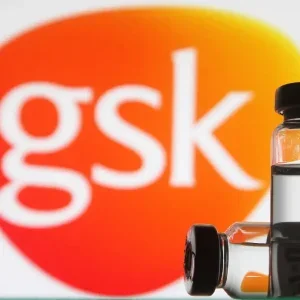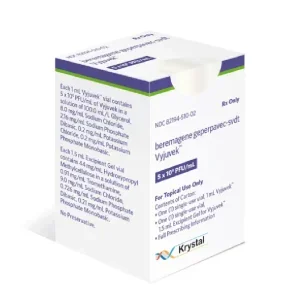
Marea Therapeutics, a clinical-stage biotechnology company incubated by Third Rock Ventures to develop a new generation of medicines for cardiometabolic diseases, launched today with $190 million in combined Series A and B financings. The Series A round was led by Third Rock Ventures and the Series B round was led by Sofinnova Investments and co-led by Forbion, Perceptive Xontogeny Venture Fund and venBio, with the participation of Alpha Wave Global, Omega Funds, Surveyor Capital (a Citadel company) and founding investor Third Rock Ventures. This financing will fund the company’s MAR001 Phase 2 development plan and further progression of additional pipeline programs.
“Marea aims to transform the way cardiometabolic diseases are treated by leveraging large-scale human genetics and expertise in adipose function and biology to pursue genetically validated targets focusing on central – but unaddressed – drivers of cardiometabolic disease risk,” said Josh Lehrer, M.D., M.Phil., FACC, chief executive officer of Marea. “This approach could be the next frontier for patients with cardiometabolic disease who remain at very high risk, despite currently available therapies.”
“With initial clinical validation, world-class scientific founders and investors, and an experienced board and leadership team, Marea is poised to become a premier cardiometabolic disease company,” said Jeffrey Tong, Ph.D., board member and partner, Third Rock Ventures. “We aim to accelerate a new generation of medicines, including MAR001, that treat key unaddressed drivers of cardiometabolic disease, potentially providing important new therapeutic options for millions of patients.”
Marea’s lead program, MAR001, is a monoclonal antibody that targets ANGPTL4, a protein that is highly expressed in adipose tissue. By inhibiting ANGPTL4 and thereby preferentially augmenting adipose tissue lipoprotein lipase (LPL) activity, MAR001 aims to lower remnant cholesterol, improve adipose tissue and metabolic function, and reduce cardiovascular events. Remnant cholesterol is carried by triglyceride-rich lipoproteins, is highly atherogenic, and drives cardiovascular events independent of classical risk factors like LDL cholesterol, diabetes or obesity1. There are currently no available targeted therapies to lower remnant cholesterol and improve metabolic function.
Human genetics has demonstrated ANGPTL4 as a highly promising therapeutic target to lower remnant cholesterol with loss of function alleles leading to remnant cholesterol clearance, improved triglyceride distribution, improved insulin sensitivity, and protection from both cardiovascular disease and type 2 diabetes all via an adipose specific mechanism.
Preclinical models with MAR001 demonstrated reduction in triglycerides, remnant cholesterol and ectopic fat (storage of triglycerides in tissues other than adipose tissue), and improved insulin sensitivity. MAR001 has demonstrated strong Phase 1 results and is in Phase 2 clinical development for adults with metabolic dysfunction.
“ANGPTL4 human genetics shows the potential to essentially reverse the adipose dysfunction responsible for the metabolic syndrome- which is not adequately treated by current therapies including weight loss and LDL cholesterol treatment. More than five million cardiovascular patients in the U.S. alone have elevated remnant cholesterol putting them at risk for a heart attack,” said Ethan J. Weiss, M.D., co-founder and chief scientific officer of Marea. “MAR001 has the potential to provide unique benefit to these patients by correcting the underlying adipose dysfunction leading to both elevated remnant cholesterol and metabolic dysfunction.”
“In a Phase 1 trial, a single dose of MAR001 significantly lowered remnant cholesterol levels and improved metabolic biomarkers. We are very excited about this compound’s potential,” said Maha Katabi, Ph.D., general partner, Sofinnova Investments. “Led by renowned experts in genetics and cardiometabolic diseases, Marea is well positioned to advance MAR001 and other pipeline programs, potentially unlocking a new era in cardiovascular care.”






